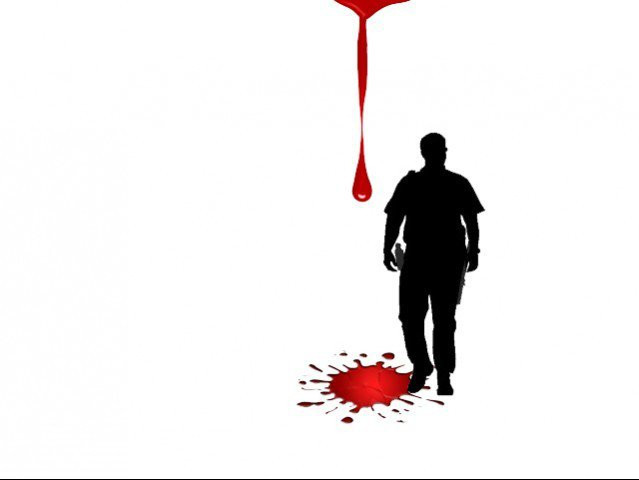Hearing their cries: Proper documentation of custodial abuse urged
Activists say law-enforcement agencies manipulate law to brutalise inmates

STOCK IMAGE
That was the gist of a sensitisation session organised by the Human Development Organisation (HDO) at Allai Tehsil Headquarters Hospital. Called the Role of Medical Practitioners in Prevention of Torture, the session was attended by medical officers and paramedics from public sector health facilities of the district.
Speaking about the importance of documenting torture, human rights activist Nehmat Gul Khan said law-enforcement agencies were using certain sections of the law to subject inmates to cruel, inhumane and degrading treatment in the name of investigation.
He said despite the fact that Section 14(2) of the Constitution as well as certain parts of Pakistan Penal Code and Police Order prohibit torture, hundreds of detainees are being brutalised every year. Nehmat said perpetrators go unpunished due to the lack of specific legislation and the fact that incidents of torture are undocumented.
Foul play
He said pre and post remand medical examination as well as the method of recording confessional statements of a suspect were against the spirit of human rights. Nehmat accused LEAs of torturing only impoverished individuals who could not afford to “grease their palms”.
He said medical officers who examine the detainees, especially at the end of their physical remand, avoid documenting torture and this allows perpetrators to go scot- free. The human rights activist added this has given rise to the crime of exposing inmates to third-degree torture which has physical, mental and social ramifications.
He pointed participants towards the history of the United Nation Convention against Torture and said it was ratified by the government of Pakistan in June 2010. However, the country has not submitted its first report to the UN and has not enacted the law against torture. Nehmat also briefed participants on the difference between torture and violence.
Honouring their oath
Dr Sarfraz Khan, one of the speakers, said doctors were also part of society and bound to honour their oath of protecting the rights of their patients without considering likes and dislikes or cast and creed.
Dr Niaz Amin, while sharing his views, said medical practitioners must fearlessly and responsibly document cases of torture during the medical examination of detainees as they are dealing with human lives.
Meanwhile, Dr Adil Nawaz said torture was a curse on society and stressed on the use of scientific methods of investigation. He also pleaded with the general public to raise its voice and support victims of brutality otherwise proper legislation would remain a distant dream.
He lauded HDO’s efforts to rehabilitate survivors of custodial abuse and assured full support on the part of the health department.
Published in The Express Tribune, April 15th, 2015.













COMMENTS
Comments are moderated and generally will be posted if they are on-topic and not abusive.
For more information, please see our Comments FAQ